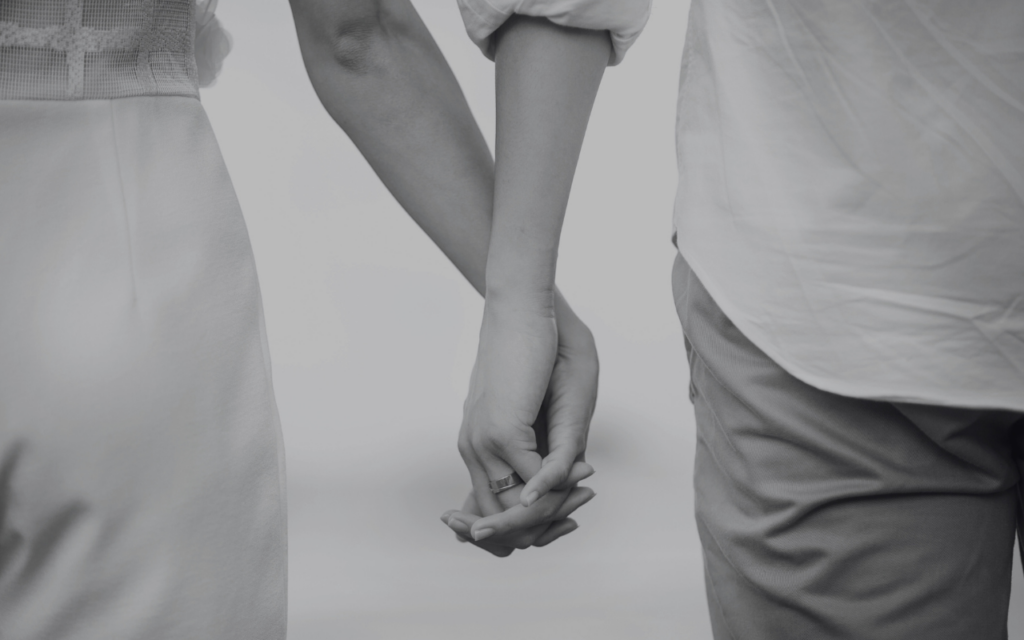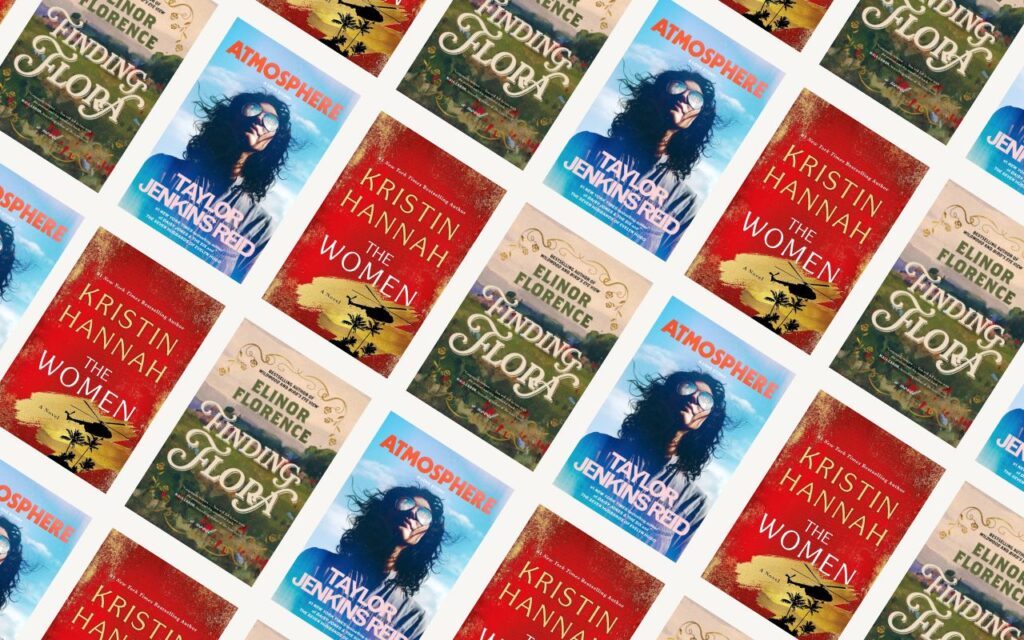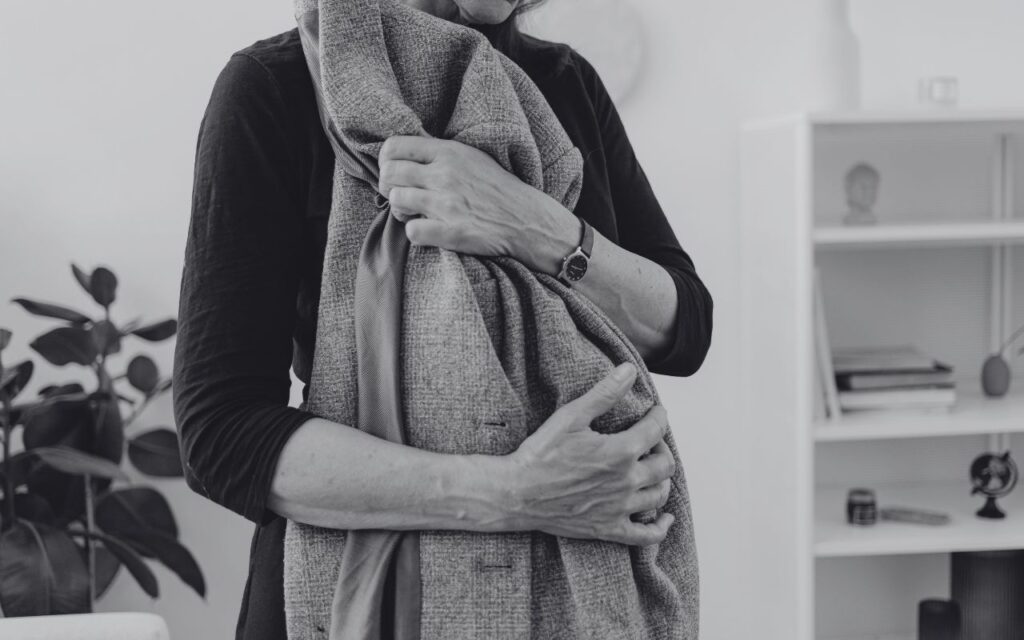
Seven years into my marriage, I started to daydream about planning my husband’s funeral.
I thought about the outfits in which I’d dress our young children for the service — romantically archaic, in retrospect: frilly black lace dresses and sombre little suits. I thought about how I’d braid my eldest daughter’s long blonde hair, a colour she inherited from her father. I thought about how I’d import kegs of his favourite beer and serve devilled eggs and ham sandwiches, which he loved. I thought about my life afterward and could only see blue skies of cream-dollop clouds.
I could only feel a rib-expanding lightness — the ability to finally, joyously, fill my lungs fully.
And after, when I came back to myself, I’d also feel guilty as hell.
My husband was someone I loved. He wasn’t perfect, of course, but who is? Why was I feeling this way? I was depraved. I was a monster. I needed professional help.
Turns out I was right. On the last point, I mean.
The root of the fantasy
After a few months of being unable to shake the daydreams, I spoke with a therapist.
There, I learned I was not alone in my morbid reveries. In fact, there is a term for them: widow fantasies.
Many women — predominantly women in relationships built on tacit understandings of traditional, heteronormative labour divisions — have these fantasies. Sometimes, the fantasies are a result of abuse within a relationship, in which case the woman may even fantasize about killing her partner. Other times, like with me, there is no violence in the fantasy: I recoiled at the prospect of hurting my husband.
In my fantasy, my husband’s demise was the result of some vague but tragic misfortune — an accident at work maybe. Fantasies like mine are often the result of being overburdened and unhappy. Not only did I have a full-time job, but I was also the primary domestic labourer and child rearer.
I didn’t really want my husband gone; I just wanted help.
Having the conversation
I used to say my husband was just as surprised by the kids’ Christmas gifts as the kids were. I framed the observation as a joke, and it was, but it was also a deeply irksome truth.
My partner had precious little to do with the day-to-day activity of raising and nurturing a family. He never arranged or hosted playdates. He never bought gifts for other kids’ birthday parties. It was left to me to make his dentist and doctor’s appointments, do his taxes, and buy him new clothes. I also cooked and cleaned, except on rare occasions like my birthday or Mother’s Day or if I was heavily pregnant or unwell.
I wasn’t sleeping. My anxiety was off the charts. There was a swarm in my head, and I couldn’t think straight, feel calm, or think coherently. I was sad all the time. I didn’t have a partner. I had another dependent. While I was more than happy to mother my children, I had no desire to mother my spouse.
We don’t always fantasize about the exact thing we desire or need. Sometimes, the fantasies are more of a clue. A thread to the core of a want or necessity.
I left that therapist appointment with some advice: talk to my husband. Tell him about my thoughts. Let him know how I was feeling.
Last year, we celebrated 16 years together. Obviously, the talk went well.
My husband wasn’t disturbed by my fantasies as much as by the fact he’d been so oblivious to how much I’d needed help. He had questions, naturally, like why I hadn’t come to him right away.
I’d thought about this, and there were a couple reasons:
- Our oppressively heteronormative life and labour divisions are what I’d seen modelled for me at home and by society growing up. Women worked the second shift: we did the domestic work after work. We were the cultural heart of the family. It’s simply how it was.
- I felt I owed my husband. When we first met, I was an active alcoholic. I got sober a few years into our marriage, but some part of me felt like I’d never stop needing to repay him for being there for me. Because he was. He supported me without judgment and with love during my darkest times. He never even implied I owed him anything, but I couldn’t help but feel I did because I hadn’t held up my end of the societal contract.
I believed I deserved to suffer for using alcohol to escape my life and making his life so difficult for so long.
Finding the right balance
I get it: the division of labour isn’t always even in a relationship.
People do what they can when they can, but overall, there’s a balance. That’s what we have since I talked to my husband about my widow fantasies: balance. I don’t spend weeks at a time feeling totally overwhelmed. I ask for help when I need it, but I don’t usually have to. Most of the time, my husband does whatever needs to be done in anticipation of the necessity. He tells me he’s taking care of a birthday present or a trip to the doctor. I let him know I am taking off work early to drive a kid to theatre group or soccer practice. Things get done. Life goes on. We are both happier.
My experience with widow fantasies prompted me to reach out to other women about this phenomenon: friends, family, and once, a mother sitting next to me at our kids’ swim lesson. My connection attempts were tentative at first, but when I realized how many women had these darkly freeing thoughts, I began to write what would become Widow Fantasies — a collection of short, often flash-fiction stories published in September 2024 by Gordon Hill Press. Widow Fantasies uses fantasies and the act of telling stories to subvert and interrogate societal and narrative expectations placed on women.
I hoped other people would find themselves and bits of their lives in this wild, rangy assortment of stories. My hope was that people would have conversations and find ways to voice their needs healthfully.
I hoped that more people would see that we shouldn’t turn away from the shadowed parts of ourselves; that we can shine light into corners and demystify ourselves, for ourselves and others, because we deserve to be seen. We deserve to be seen fully in all our tumbling, furious, ecstatic, tender, messy, and glorious multitudes.








